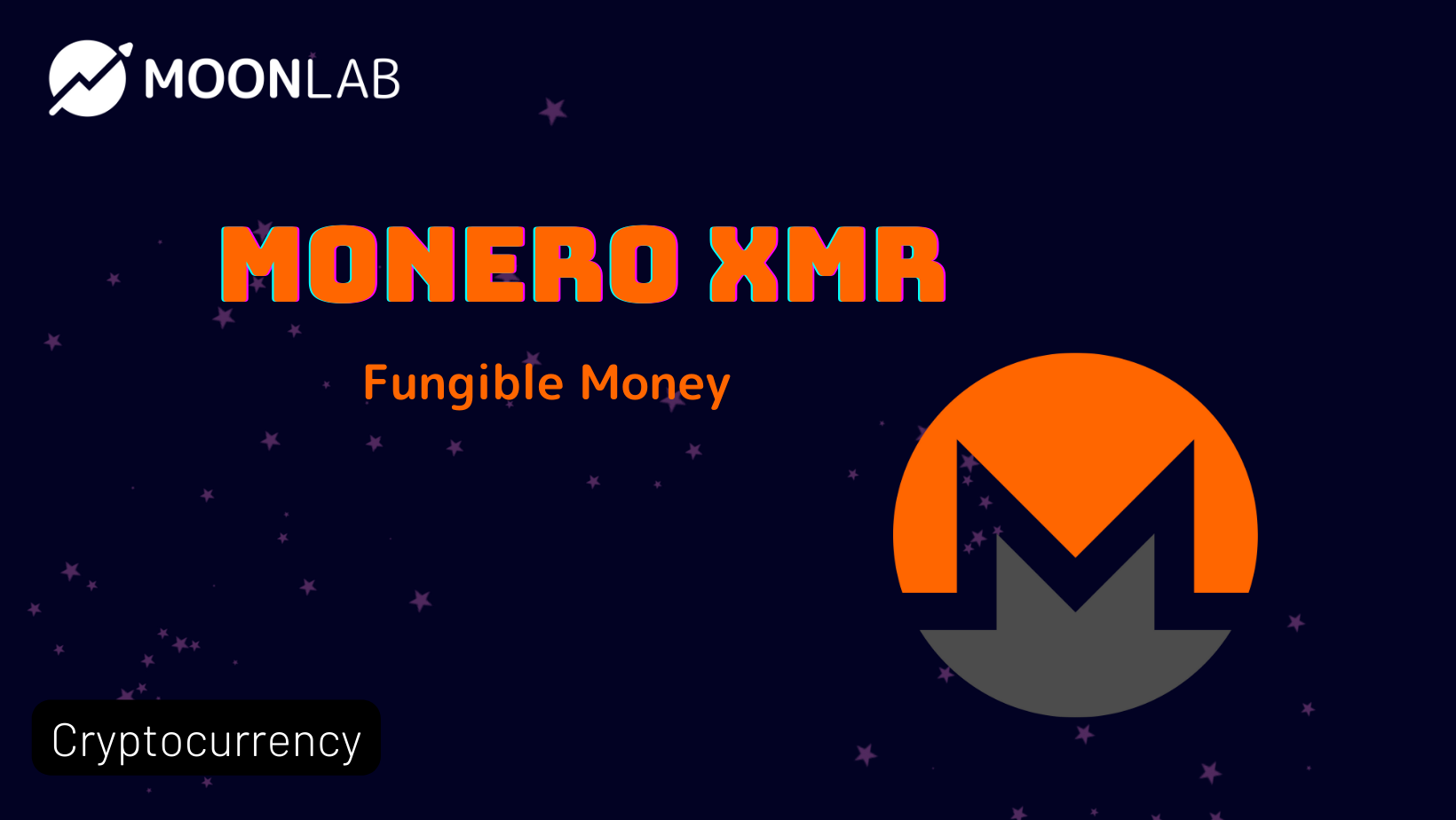
Monero XMR: Fungible Money
What is Monero? What makes it truly anonymous?
Monero is an open-source, untraceable, and censorship-resistant cryptocurrency deployed in 2014. Most cryptocurrencies, including BTC and ETH, have public blockchains and are at best, pseudonymous. That means all transactions can be traced by any company, person, or government in the world. Monero’s blockchain is completely private.
But a public ledger is a key component in cryptocurrencies, right? How else can transactions be verified in a decentralized manner? Monero has a set of privacy tools that work together to allow a blockchain to verify the legitimacy of transactions without exposing user data, such as their address or the transaction amount.
Privacy
The sender, receiver, and amount of every single transaction are hidden through the use of three important technologies: Stealth Addresses(anonymous recipient), Ring Signatures(anonymous sender), and RingCT(anonymous txn amount).
Ring Signatures: On the input side, senders are protected with ring signatures. The actual signer (sender) is combined with decoy non signers (past transaction outputs from the blockchain) to create a transaction; all inputs are indistinguishable.
RingCT: Ring confidential transactions (CT) takes privacy a step further and makes the amount of Monero transacted private as well. This gives more signature options to combine with senders’ real signatures. Miners can confirm the amounts are legitimate with Range Proofs and Ring CT’s practice of confirming total inputs equal total outputs. Currently the Ring size is 11, meaning 10 foreign outputs/decoys are added to your output.
Stealth Addresses: A stealth address works as a one time public key to protect a recipients privacy. Everyone can see that one time public key on the blockchain, but only the recipient can locate the output using their private keys. A stealth address prevents outputs from being connected to wallet addresses. All outputs are unlinkable.

Source: Digital Asset ResearchConsensus, Tokenomics:
Monero uses a proof-of-work consensus mechanism. There is no maximum limit set, but inflation is set to slow down over time as mining rewards reduce. Monero will eventually have a fixed block reward of 0.6 XMR; this will ensure the Monero network’s security as there is always incentive to mine. There is technically no supply cap, but the rate of supply growth will eventually become insignificant
Unlike most PoW cryptocurrencies, Monero is purposely inefficient to mine with ASIC machines. Instead, Monero is mined effectively with consumer-grade computer hardware. This increases decentralization in the network, as mining is much more accessible and not reserved for large mining farms.
Similar projects:
Haven, Zcash
Conclusion:
Privacy is essential, and Monero is the premier privacy preserving financial tool. The community is dedicated and continually developing new features. Monero is what most people think Bitcoin actually is: censorship-resistant, anonymous, fungible currency. Also, CakeWallet is an excellent self-custody wallet for your Monero.
Sources & good places to learn more:
GetMonero.org
Monero subreddit

